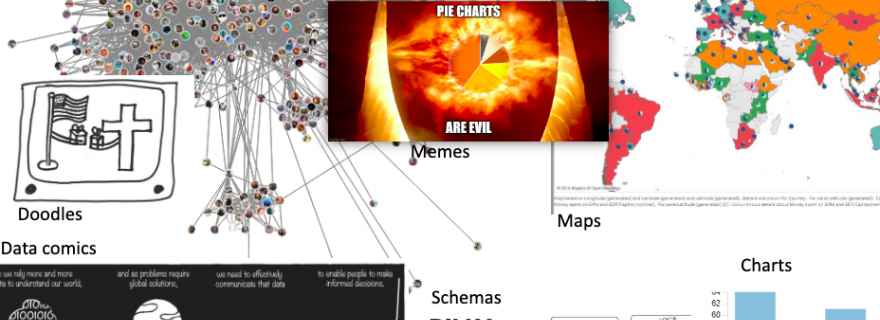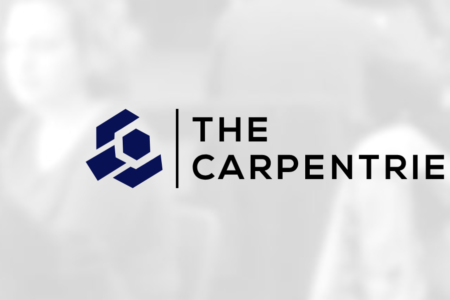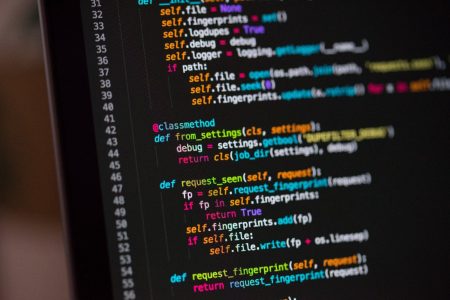Digital Skills and Thinking for the Humanities
The first “Teach the Teachers workshop in Digital Skills and Thinking for the Humanities” was successfully delivered in January 2021. The workshop was a collaboration between the Leiden Centre for Digital Humanities and Leiden University Libraries’ Centre for Digital Scholarship.
Computational methods have spawned numerous new ways of organising, analysing and visualising texts and images, and it has become clear that these innovative possibilities can have far-reaching methodological implications for many academic disciplines. Researchers increasingly sense the need to develop a proficiency in computational thinking, and, additionally, to begin to incorporate digital literacy skills within the various courses that they teach. For a number of scholars, however, the sprawl of digital tools and the ubiquity of digital data may sometimes feel somewhat daunting, and the learning curve of some of these tools is occasionally found to be quite steep.
To lower the threshold for scholars who are eager to start experimenting, the Leiden University Centre for Digital Humanities (LUCDH) and the Leiden University Libraries’ Centre for Digital Scholarship (CDS) jointly organised a first edition of the “Teach the Teachers workshop in Digital Skills and Thinking for the Humanities” in the last week of January 2021.
Aims of the workshop
The “Teach the Teachers” workshop consisted of five sessions of three hours each, all held during the mornings. The classes were aimed specifically at researchers and teachers interested in learning more about computational methods, but without much prior experience in programming or in working with digital data. Due to the current pandemic, all the classes were taught online through Kaltura and MS Teams.
The main goals of these classes were to introduce participants to a wide range of tools and concepts in the fields of data science and the digital humanities and to enable them to apply these methods to their own research as much as possible. The ultimate aim, importantly, was to stimulate teachers to innovate their education and to encourage them to share their knowledge and their enthusiasm about these topics with their students.
Contents
Data science projects generally move through a number or phases, such as data acquisition, data cleaning, data analysis, visualisation and interpretation. The structure of the first four days of the workshop largely followed these broad stages in the scholarly workflow.
The first session, taught by Peter Verhaar (CDS), started with a brief explanation of the nature of digital data and of the main data formats that are available. Participants were also invited to experiment with a number of methods for the acquisition of large data collections, such as APIs and web scraping.
The second session mostly concentrated on data modelling and data cleaning. Ben Companjen (CDS) discussed a number of principles and requirements for clean data. It was stressed, among other things, that the cells in a spreadsheet should never contain multiple data values, and that these values should all be expressed as consistently possible. These guidelines could all be applied during a hands-on introduction to OpenRefine, a freely available tool that can be used to clean and to process messy data.
The session held on Wednesday concentrated on textual analysis. Jelena Prokic (LUCDH) firstly gave a short and general introduction to working with Jupyter Notebook and to programming in Python. After this, the participants all learned how they could use Python to calculate the most frequent words in a text, and to analyse the grammatical and syntactical categories of the words in a text using Part of Speech Tagging.
During the fourth session, Angus Mol (LUCDH) discussed the basic principles of visual storytelling, together with some of the dos and don’ts of information visualisation. Students were invited to consider the utility and the effectiveness of graphs types such as bar charts, word clouds, pie charts and time lines, and they were also asked to create a number of visualisations themselves using rawgraphs.io.
The meeting on the Friday was of a slightly different nature. The aim of the final session was to speculate on some future developments and give all the teachers who attended an impression of what is on the horizon. The opening lecture was delivered by Felienne Hermans, associate professor at Leiden Institute of Advanced Computer Science (LIACS), where she also heads the PERL group that researches programming education. In a very animated talk, she spoke about her research on the approaches that may be adopted in the field of digital pedagogy. The fifth session also included presentations on neural language models, high performance computing, 3D scanning, and virtual and augmented reality.
Feedback from participants
The evaluations of the workshop indicated that these workshops were greatly appreciated and that the instructions were generally at the right level. As the classes were actually designed for absolute beginners, the instructors tried to make sure that the basic terms and concepts were explained slowly and carefully, and that the various tools and methods were explained step by step, using a range of practical exercises. In some of the reviews, it was also mentioned that the online format of the classes was actually beneficial, as this removed the pressure of having to complete everything immediately. Participants did not need to get nervous if they lagged behind, as no-one was going to notice.
Many participants also communicated the wish to continue the learning process after the workshops, and to work collaboratively on teaching materials that can be embedded within the various curricula. Digital Humanities is a dynamic and burgeoning area of research, and the five sessions that were organised were obviously too short to do the various topics justice.
The Teach the Teachers workshop really aimed to offer a broad palette of topics to all the participants and to whet their appetite for a further deepening of their knowledge.
Future workshops
As a follow-up to these introductory classes, the CDS and the LUCDH are also considering organising a number of more focused and more advanced workshops on topics such as text encoding in TEI, machine learning, computer vision, data analysis in R, or social network analysis.
If you are interested in learning more about any of these topics, or to inquire about the possibilities either at the CDS or the LUCDH, don’t hesitate to contact us.
A second edition of the “Teach the Teachers” workshop will probably be organised in the summer of 2021.





